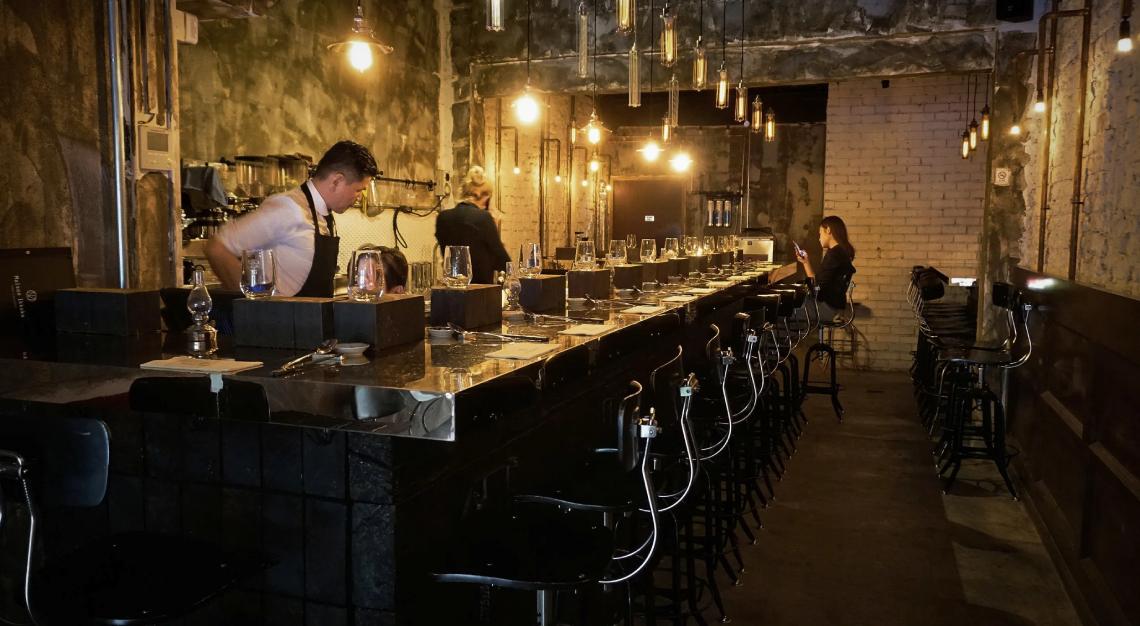Robb Report Singapore’s New York correspondent Michael Levin speaks to New York’s top entrepreneurs about their secrets to success
New York, city of dreams, and city of wildly successful businesses. As Frank Sinatra sang, if you can make it in New York, you can make it anywhere. It takes a special kind of intelligence, toughness, and business savvy to succeed in New York City. So I asked three top businesspeople what they do that creates incredible success.
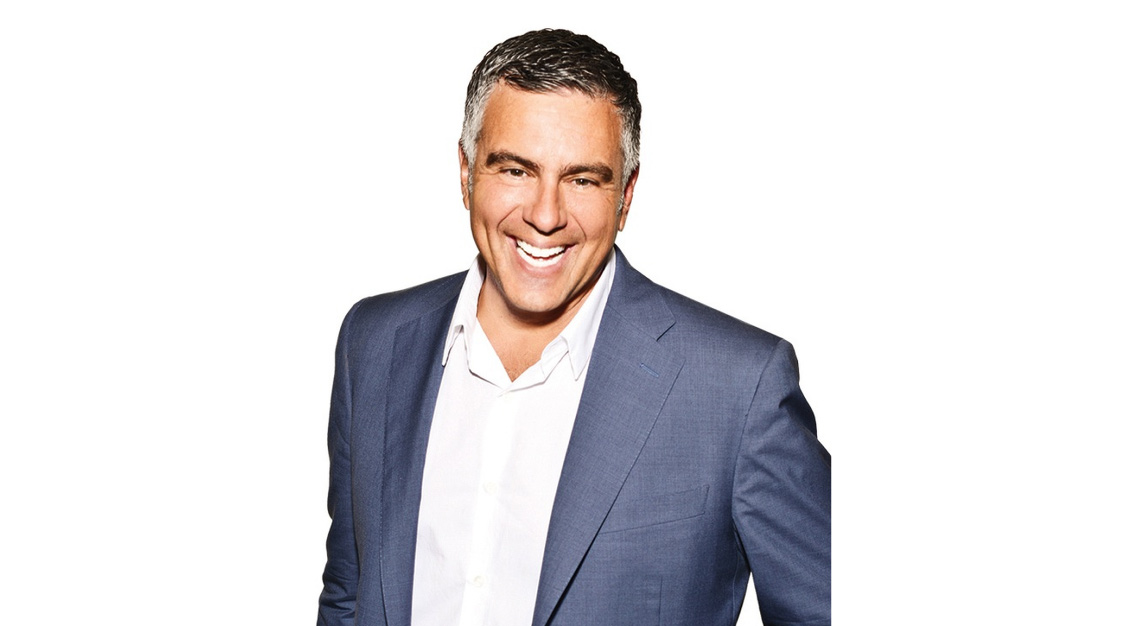
“Your elevator pitch is not who you are,” says Gary Kadi, CEO of NextLevel Practice, America’s most successful dental consulting firm. “Instead,” Kadi says, “you’ve got to make clear to the buyer one significant advantage that you provide. And then all of your marketing and messaging focuses on that one promise.”
https://www.instagram.com/p/BqpQe_fFzZz/
In 15 years of its existence, NextLevel has become a seven-figure consulting practice, and is now well on its way to becoming an eight-figure one. This growth occurred when Kadi recognised that dentistry was dramatically underserved in terms of the quality of the consulting it was receiving. Kadi created a methodology for running a successful dental practice that has transformed the lives of tens of thousands of dentists and their teams around the world.
“We stand for happy teams that achieve sustainable results,” Kadi says. “That’s what all dentists want to provide, for their team members and their patients. Any dentist can have any of dozens of problems. We can’t go listing all their problems. But we can explain what our overall solution looks like, and then in their minds, they see our solution to those problems. That’s how we win.”
The company also has a big, hairy, audacious goal that’s bigger than just making money: getting 30 million people healthier by 2020.
“Our clients see us as mission-driven and not just numbers-driven,” says Kadi. “That sets us apart from others in our field. Everybody else is just talking about how great they are, or on micro issues, instead of encouraging dentists to play a bigger game and think about serving and not just earning.”
NextLevel’s secret sauce is actually analytics. Kadi’s consultancy spends more than US$200,000 (S$273,700) annually on analytics technology, so that they understand where every email and phone call is coming from, who is calling or emailing, and why.
“Today, the sports teams that are the most successful,” Kadi argues, “are the ones with the top analytics. It’s the same thing in business. Everybody’s just focused on cash and sales numbers. When you’ve got great analytics, you know what your cash and sales will look like three or four months out. That way, when trouble hits, you’ve got time to fix it, instead of becoming a victim to it. If you don’t have a rockstar analytics person on your team, you’re in second place and fading.”
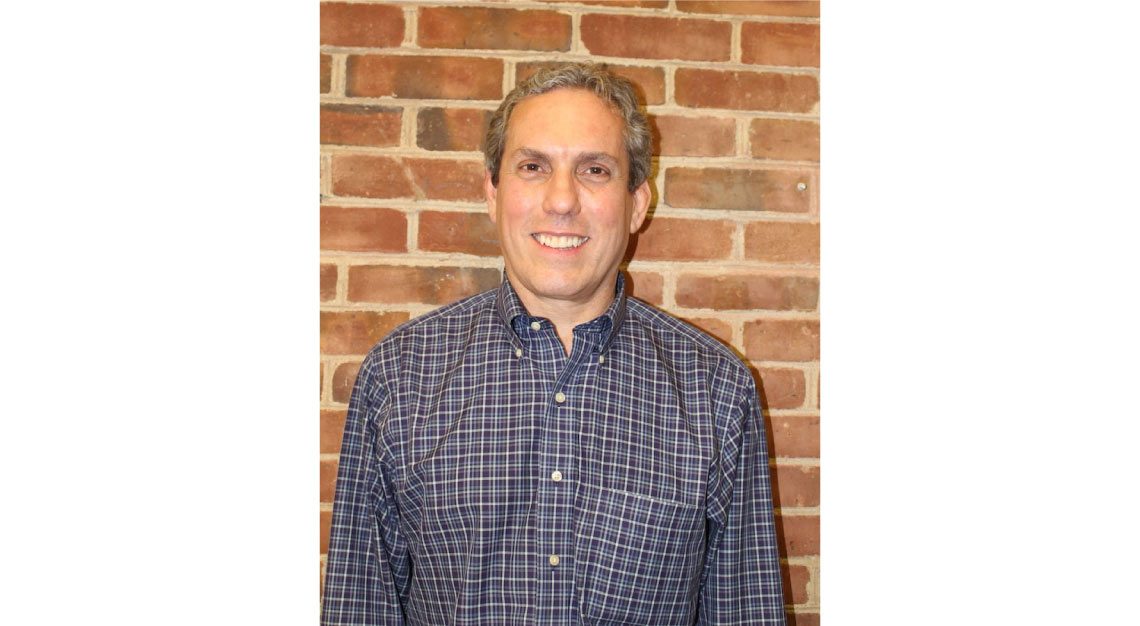
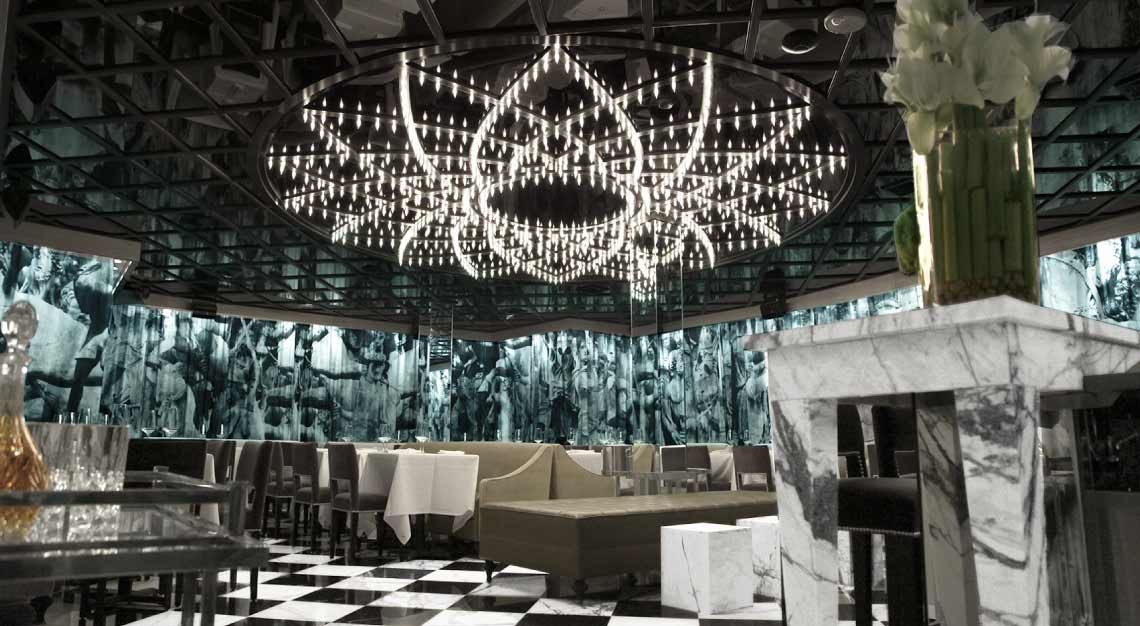
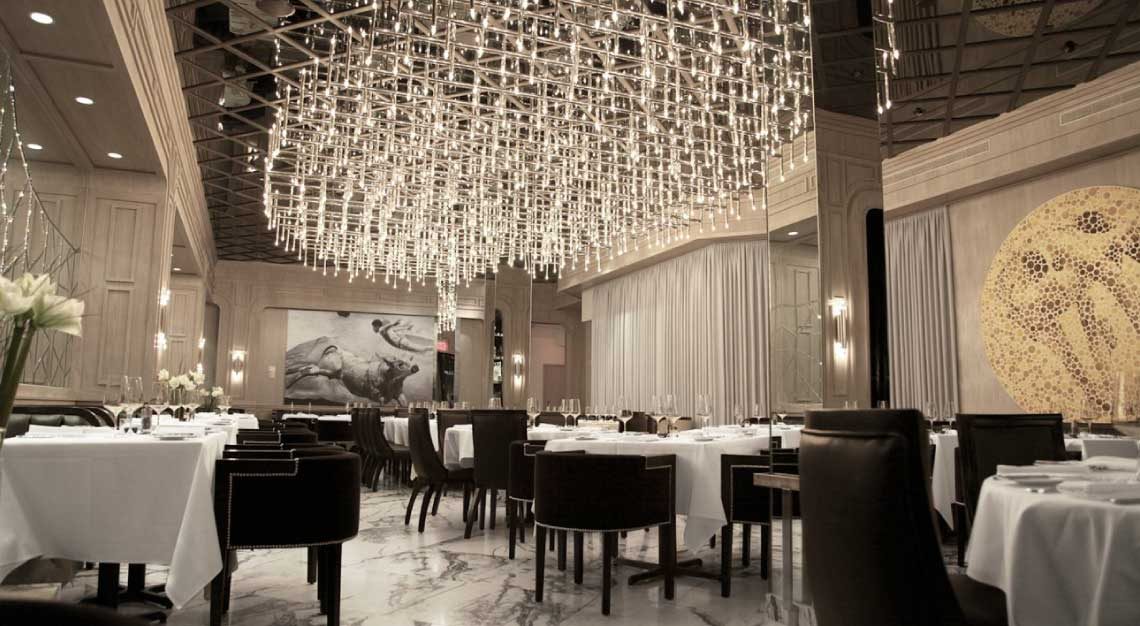
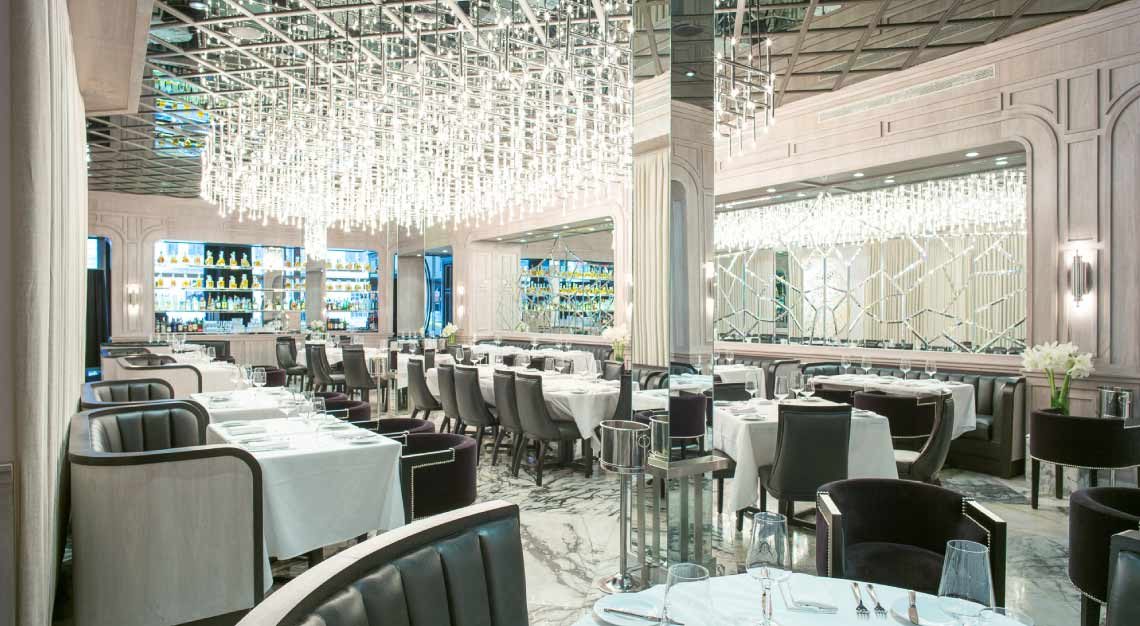
Nelson Braff runs New York’s hottest steak restaurant, The Hunt and Fish Club, on West 44th Street, adjacent to Times Square and the Broadway theater district. Braff, a highly successful serial entrepreneur with a background in law and finance, wanted to create a restaurant that offered its patrons not just a great meal, but a great experience.
One of the things that sets The Hunt and Fish Club apart are the display cases of steak knives monogrammed with the signatures of investors in the restaurant, celebrities who frequent the place, top customers, and “anyone I feel like,” Braff laughs.
When someone with a steak knife comes for a meal, the waitstaff makes an elaborate show of retrieving the appropriate knife from the display and creating a ceremony around bringing it to the customer on a silver platter.
“It makes a big impression,” Braff says. “If you’ve got a knife with us, why would you take a big client or prospect, or an important friend, anywhere else for dinner? Of course, you’ll come back to us.”
Braff strives for perfection in terms of the quality of the food and service for every single guest, but in the restaurant industry, perfection is elusive.
“I give my team members enormous latitude to solve problems, make things right, and make sure that people go home with a smile on their face. Maybe you can’t do that every time, but you sure can come close.”
The Hunt and Fish Club offers a unique experience on New Year’s Eve – patrons are escorted to a private viewing area in Times Square, just before midnight, to watch the ball drop.
“Our New Year’s Eve experience is selling out earlier and earlier,” Braff says, “because everybody comes back year after year. The first three years we did it, the weather was perfect. The next year, it was 5 degrees, so I went out and bought hand warmers for everybody and had hot chocolate waiting for them on the bar as soon as they came back in. It was a small touch – the hand-warmers probably cost fifty cents each. But it made people feel really cared for.
“The following year, it was pouring the whole evening. So everybody got disposable ponchos. Again, a low-dollar item that paid off massively in terms of creating good will. It’s all about making people feel special. That’s what they really want when they go for an expensive meal. Sometimes restaurants think that great food is enough. It’s really about creating the overall experience. We never forget that.”
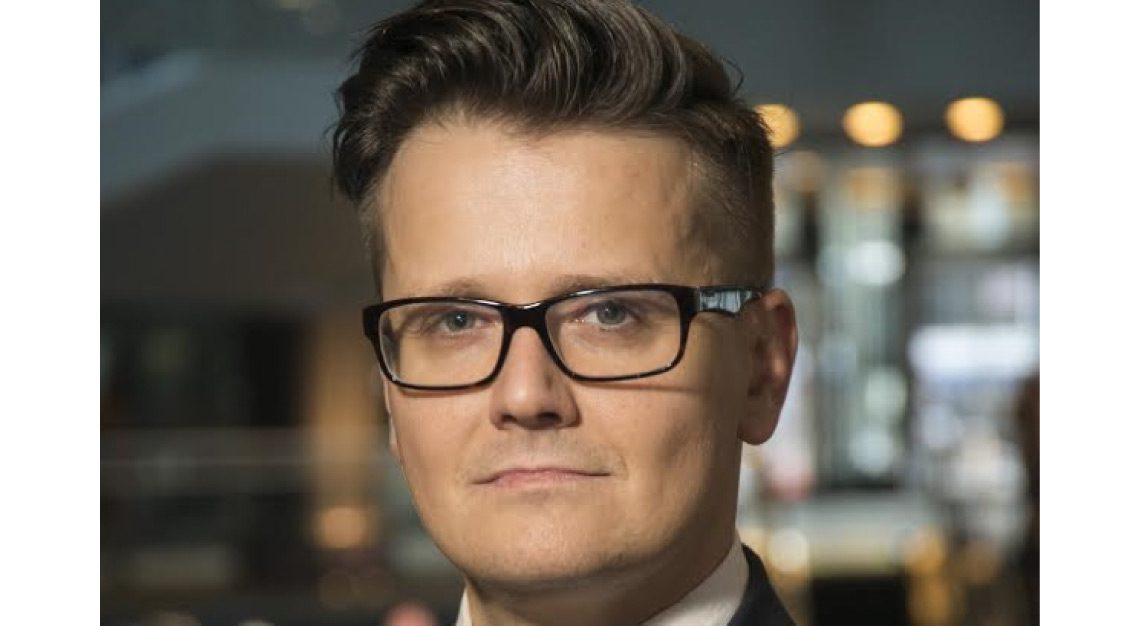
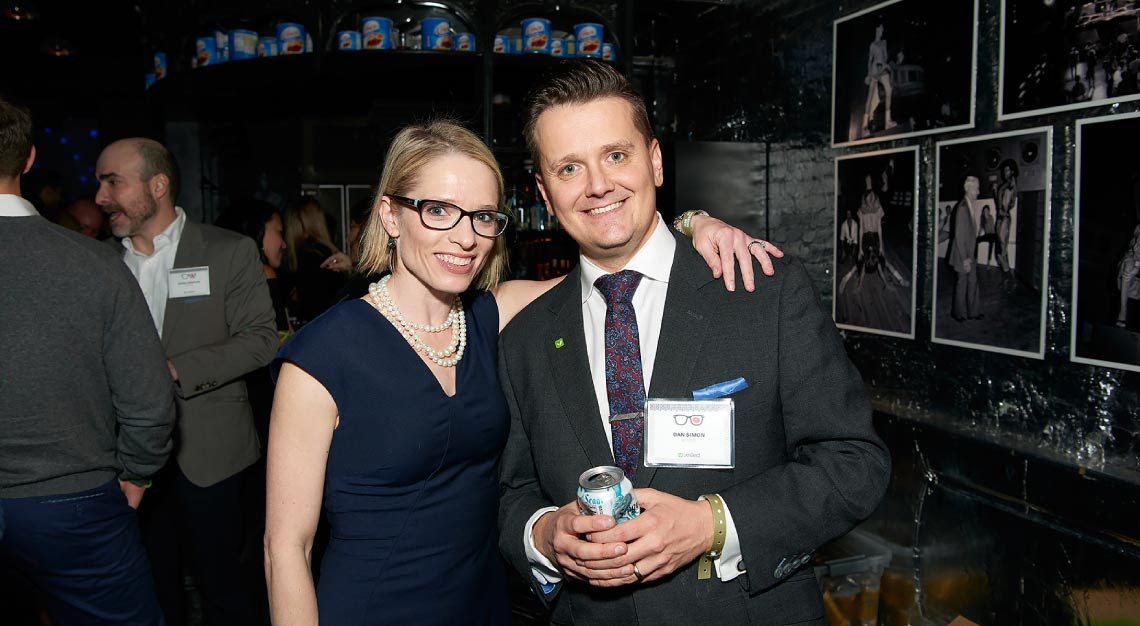
Dan Simon, a Brit, came to New York and built Vested, a top marketing firm specialising in fintech. Simon says that most entrepreneurs try to emulate Steve Jobs, in terms of the occasionally awful way they treat those around them. It doesn’t work, he says.
“Steve Jobs was a freak in the best sense of the term,” Simon adds. “He was a genius, but he could just be brutal to people. In my experience, the most successful people are actually the opposite. They are kind. They treat their staff with dignity and respect. Just because being a bit of a bastard worked for Jobs doesn’t mean it’s going to work for anyone else. It usually ends in disaster.”
Simon also says that there’s a myth surrounding entrepreneurship – that entrepreneurs are utterly unemployable and could never have worked for anyone else but themselves.
“That’s just not true,” Simon notes. “Most of the highly successful entrepreneurs have spent many years in the corporate world. They learned what worked and what didn’t. They discovered underserved niches and other business opportunities that they were able to build their own businesses around. They couldn’t have had any of that knowledge, experience, or insight had they not worked for years in the corporate world.”
Along the same lines, Simon notes, most people think that you have to be 22 to start an entrepreneurial venture.
“Maybe the youngest entrepreneurs get the most attention in the media,” Simon says, “but it’s typically people in their 40s, who have been in the business world for some time, who are the most successful. It pains me when I see people who buy into that myth and think that just because they are out of their 20s or 30s, they no longer qualify as an entrepreneur. In fact, they’re just coming into the perfect phase of their lives in which to start a new venture.”
Whether you’re running a consultancy like Kadi, a restaurant like Braff, or a marketing firm like Simon, the message is clear. Walk where they walk, and you won’t blow up. In fact, you might just succeed beyond your wildest dreams.





